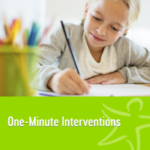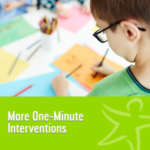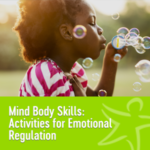As trauma practitioners, we know the benefits of processes that engage the senses and the role that non-verbal expression can have to help youth manage trauma and loss. Creative arts therapies offer children and adolescents impacted by trauma a safe outlet to express feelings of worry, sadness, fear, anger, and more. Creative arts therapists, who hold professional credentials and have fulfilled the necessary training in their respective field, utilize art-based interventions and the creative process as the primary mode of their clinical practice with individuals, groups, families, and communities.
Here are four trauma-informed essentials about the power of creative expression:
- Creative expression is sensory-based: Art, music, drama, writing, dance, and other forms of creative expression engage our senses and can communicate our experiences and stories without words. Trauma often significantly challenges areas of the brain that employ cognitive functioning, explicit memory, and verbal language. Sensory-based intervention can become a visual voice that helps reveal content from parts of the brain where traumatic experiences live without words. Experiences are made visible and transformed with paper, clay, a song, canvas and more. Art safely gives survivors the power to speak about emotions, thoughts, and memories when words are insufficient.
- Creative expression places us in the here and now: When we interact with with arts, such as viewing art at a museum, watching a performance, listening to music, or engaging in a creative activity with creating, performing, or composing; these experiences position us to be in the present moment. In trauma, restoring a sense of safety and wellbeing in the here and now can help regulate emotions into manageable states of contentment and refuge.
- Creative expression supports relational connection: The arts not only create opportunities and a relationship to connect to our own experiences, but also to others, our communities, and the world around us. In trauma, the relationships we experience can have a stronger impact than any adversity. Difficult circumstances can be safeguarded by the healthy, positive relational connection we have in our lives, which can be nurtured by the arts.
- Creative expression fosters empowerment: Engaging art, such as, but not limited to: painting a picture, writing a poem, or moving your body to music supports making choices, problem-solving, and safely learning how to navigate decision making in the form of creative expression. For trauma survivors, creative expression serves as an opportunity to build and strengthen resilience through meaningful art-based interactions and interventions that explore safety, change, vulnerability, and regulation. Engaging in the creative process also strengthens ones internal locus of control and empowers new ways of seeing the self and the recovery path ahead.
Another trauma-informed essential to keep in mind related to creative expression is when and how to connect to a creative arts therapist when needed. A referral to a creative arts therapist is important for trauma survivors who emotionally respond strongly to the use of creative expression. Treatment and intervention by a creative arts therapist can provide a trained and an applicable understanding in their respective discipline about the power of the arts for children and adolescents exposed to trauma. These associations provide more information about how to find professional and credentialed creative arts therapists in your area.
Resources:
ChildTrauma Academy: The Role of Healthy Relational Interactions in Buffering the Impact of Childhood Trauma
American Art Therapy Association: The Value of Art Expression in Trauma-Informed Work





